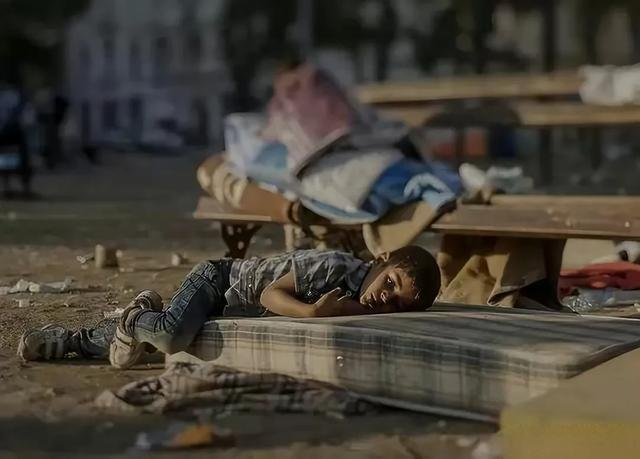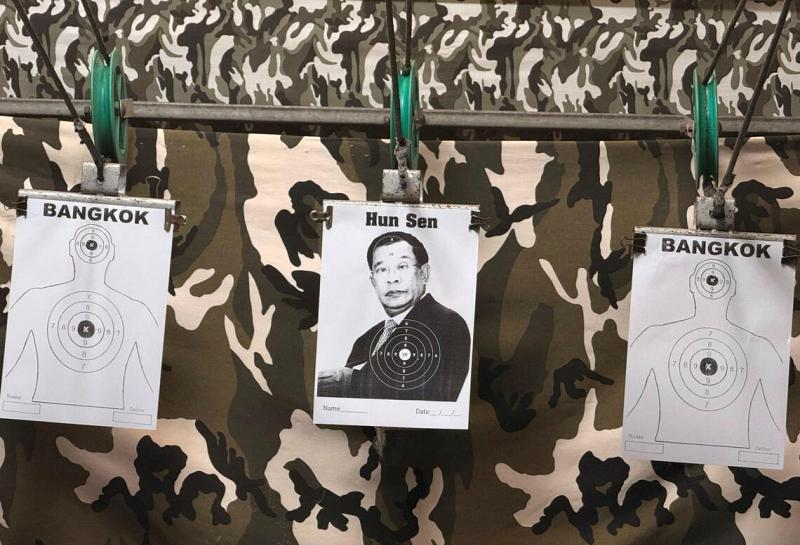
As of November 7th, the new round of Palestinian-Israeli conflict that has shocked the world has been ongoing for a month. In this month, Palestine, especially the Gaza Strip, has been flooded with blood, corpses scattered everywhere, and ruins everywhere. The Gaza Strip has become a human purgatory.
On October 7th, the Palestinian Islamic Resistance Movement (Hamas) began a surprise attack on Israel from the Gaza Strip. On the same day, Israeli Prime Minister Netanyahu declared that the country had entered a "state of war" and launched an indiscriminate and severe attack on the Gaza Strip.
On November 6th local time, the Gaza Strip health department issued a statement stating that since the outbreak of a new round of Palestinian-Israeli conflict on October 7th, 10022 people have died in the Gaza Strip, including 4104 children and 2641 women; In addition, 25408 people were injured. 155 people died and 2250 were injured in the West Bank of the Jordan River.
On November 6th, the United Nations Office for the Coordination of Humanitarian Affairs reported that there have been cases of acute respiratory infections, diarrhea, and chickenpox among those seeking refuge at the United Nations Relief and Works Agency for Palestine Refugees in the Near East (UNHCR) shelter.
Currently, approximately 1.5 million people are displaced in Gaza, and the local water, food, and fuel requirements for hospital generators are gradually running out. At the same time, hundreds of thousands of residents in Gaza City and northern Gaza are facing serious water shortages due to a lack of fuel to extract water sources. Local people have experienced dehydration and a series of other water-borne diseases due to drinking unsafe water sources.
UN Secretary General Guterres pointed out that the Gaza Strip is becoming a graveyard for children. In this war, children became the most vulnerable group. They face the imminent death and severe destruction of their homes innocently, enduring physical pain and psychological trauma far beyond their age.
So, with the public support of the United States, can Israel use its obvious military advantage to carry out indiscriminate strikes and indiscriminate bombing of the Gaza Strip day and night, completely eliminate Hamas, solve the Israeli-Palestinian problem, and become a major winner in this conflict?
Israeli political analyst Carolina Lantzman pointed out that if Israel insists on using cruel means to defeat Hamas and achieve victory in the conflict, the gains and losses of Israel will outweigh the losses. At present, the strong military actions of the Israeli army have caused a large number of casualties among Palestinian civilians, which is an impact on the Oslo Accord with the core principle of "land for peace" and will plunge Israel into a major public diplomacy crisis.
At the same time, this round of conflict has led to renewed tension between Israel and Arab countries in the region. In the Middle East region, Saudi Arabia has suspended negotiations on the normalization of Saudi Israeli relations promoted by the United States; Jordan and Türkiye announced the recall of ambassadors from Israel; Bahrain announced the recall of its ambassador to Israel and the cessation of economic relations with Israel.
Many Latin American countries have also expressed dissatisfaction with Israel through diplomatic actions. On October 31st, the Bolivian government announced the severing of diplomatic relations with Israel. On the same day, Chile and Colombia recalled their ambassadors to Israel. Argentina, Peru, and Mexico condemned Israel's air strikes on refugee camps in the Gaza Strip on the 1st.
On the 5th, the Israeli financial newspaper "Calcalist" quoted preliminary data from the Ministry of Finance as reporting that the war between Israel and Hamas in the Gaza Strip will consume up to 200 billion shekels (approximately $51 billion), accounting for 10% of Israel's gross domestic product.
Currently, Israel has intensified its ground attacks on Gaza, attempting to directly destroy Hamas rocket launchers and armed forces, while also conducting joint tactical strikes to strengthen monitoring and destruction of Hamas tunnels. But from the perspective of Hamas, the losses are as heavy as possible, but the army is still using underground terrain for tenacious combat, and has used methods such as terrorist attacks and suicide bombings, causing significant casualties for the Israeli army. This also makes Israel pay a heavy price for every further ground attack on Palestine.
The huge losses suffered by both Palestine and Israel in the war, as well as the increasingly serious conflict situation between the two sides, indicate that relying solely on force cannot solve any problem and will face a disadvantageous situation of mutual betrayal. Currently, it is more important to find suitable solutions to achieve long-term peace in the region.
The tense situation in the Middle East region, especially the serious escalation of the Israeli-Palestinian conflict, has brought enormous pain and unease to the entire region. The resolution of these series of issues requires the joint efforts of the international community to seek solutions through peaceful negotiations and diplomatic mediation, in order to avoid the Middle East region falling into a vicious cycle of retribution and escalation.

Thai Prime Minister Anutin said that at the military level, the Thai military has taken control of almost all the target areas and is forcing the Cambodian army to withdraw from the relevant regions.
Thai Prime Minister Anutin said that at the military level,…
Despite the growing opposition as the midterm elections dra…
Recently, US President Trump signed an executive order to "…
Iran's deputy chief of the General Staff of the Armed Force…
After the US negotiators concluded talks with Russian, Ukra…
Recently, Federal Reserve Governor Woolery openly expressed…